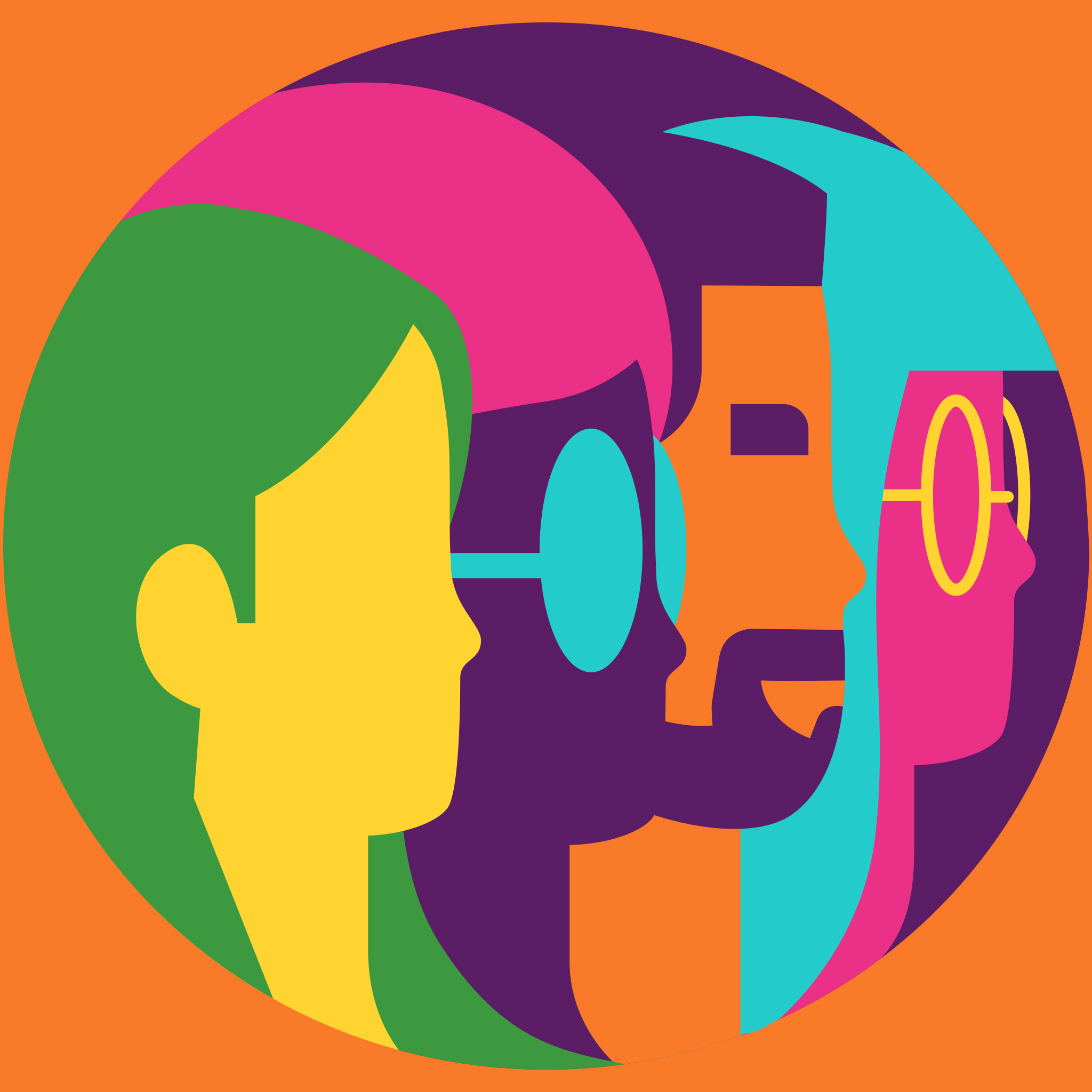How we talk with one another shapes how we live with one another. On World Gratitude Day, September 21st, we have an opportunity to remember that how we speak to each other (or even to ourselves) makes a difference. As we look around, kindness can seem in short supply. Yet, we are hard wired with a social glue called gratitude. It is a practice that connects who we are with what we want to see in the world. In essence, we become what we practice.
Exactly one year ago on World Gratitude Day I got to meet Oprah Winfrey, the person who calls gratitude her religion. She says there are no coincidences. I shared with her our gratitude practice for a new generation. One that is both woke and waking.
The educator Paulo Friere said we are on the path of either humanization or dehumanization. In any given moment, what we choose to notice feeds our humanity, or not. In our era of endless searching, scrolling, posting, and liking, we spend more time trying to get noticed instead of actually noticing. Most of us are left feeling unhappy, lonely, and with F.O.M.O. Maybe it’s time to ask ourselves if how we notice is feeding our humanity or not?
The key is noticing. The practice of noticing changed my life. It wasn’t overnight, but it was transformative. There’s an Asaro tribal saying that knowledge is a rumor until it’s felt in the bones. Five years ago, my bones were telling me that I needed to change my approach to life. I was game for social change, but not focused on changing myself. So, I took notice. And gave notice. I quit my job last year to focus on shifting consciousness through the practice of gratitude.
I stumbled into the practice of gratitude after trying meditation twice a day for six months. After making that commitment, I wasn’t actually feeling any better. That’s when I found Ellen Langer who said you can meditate or just be mindful. Oh wait. What? No more worrying about minutes of meditation? Yes, sign me up. She said that mindfulness is the simple act of noticing change. Change is always happening, so we need to be aware of what is new, even if it is familiar. This made sense in my mind, but I didn’t feel it in my bones until I connected mindfulness to gratitude.
The beauty of gratitude is that we are emotionally wired to feel it! We can actually begin the practice of gratitude by just noticing when we feel good, and then pause to acknowledge that feeling by giving thanks. That pause creates space and room for you and others. It changes our vibe and energy. Professor David Destano says emotions are like mental shortcuts, and we can make gratitude faster than negative feelings by just learning to notice when we feel or see good.
It’s all about the noticing. The practice of meditation begins with noticing your breath. The practice of mindfulness begins with noticing change. The practice of gratitude begins with noticing good. Noticing is an intentional alert that brings you back into the moment.
By noticing good, we make visible what we value. When we forget to notice, we take things for granted and they can become invisible. Like Paolo Friere discovered, we can nourish our humanity in the act of choosing what we notice. Simple wisdom, big impact.
We can all practice noticing. In fact, our collective future depends on it. I hope the practice of gratitude helps us to take notice, and in so doing keeps us on the path of our greater humanity.
I’d like to leave you a gift from Lao Tzu in the fourth century B.C., which may help us see with fresh eyes and thank different.
The Uses of Not
Thirty spokes
meet in the hub.
Where the wheel isn’t
is where it’s useful.
Hollowed out,
clay makes a pot.
Where the pot’s not
is where it’s useful.
Cut doors and windows
to make a room.
Where the room isn’t,
there’s room for you.
So the profit in what is
is in the use of what is not.
—Lao Tzu


